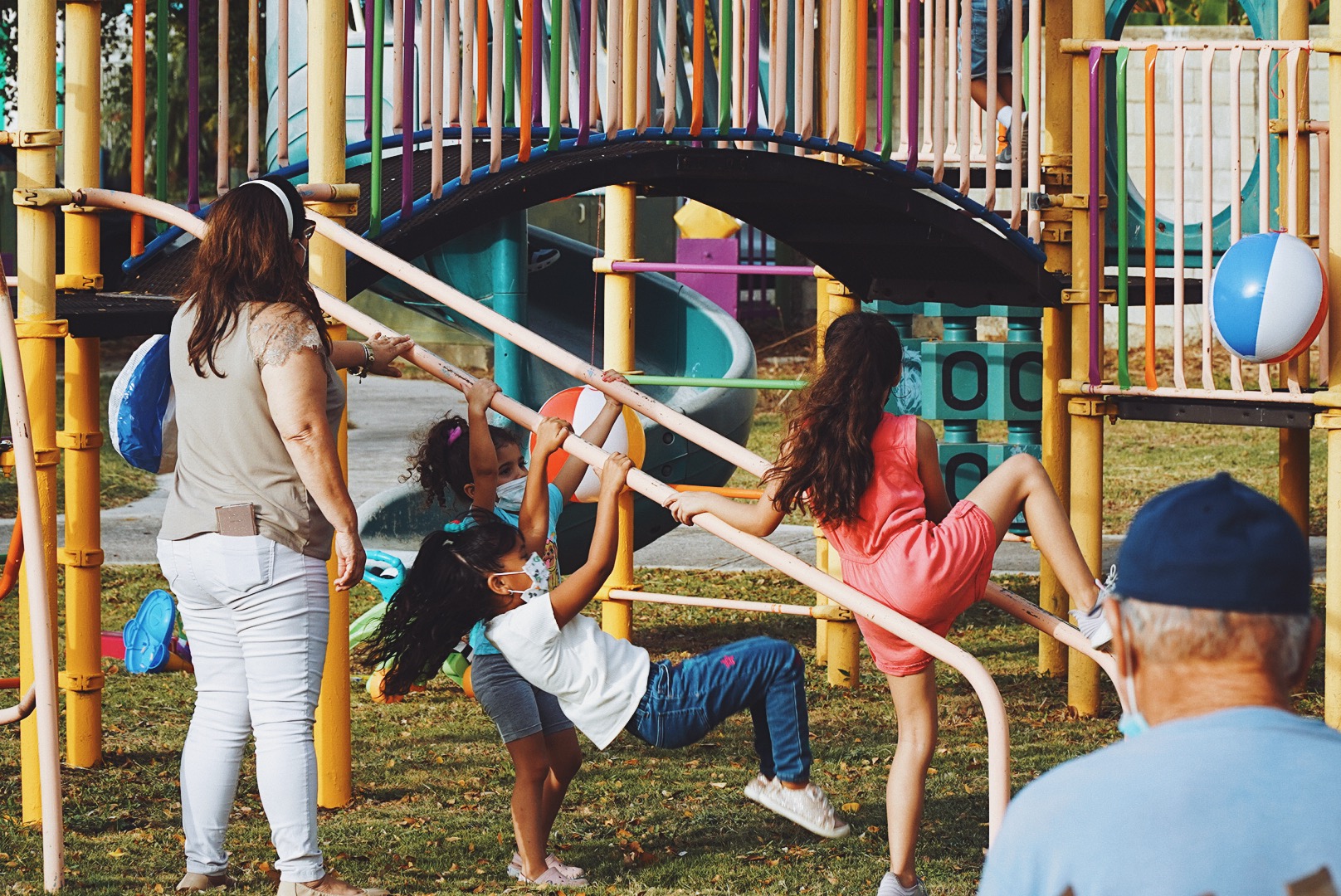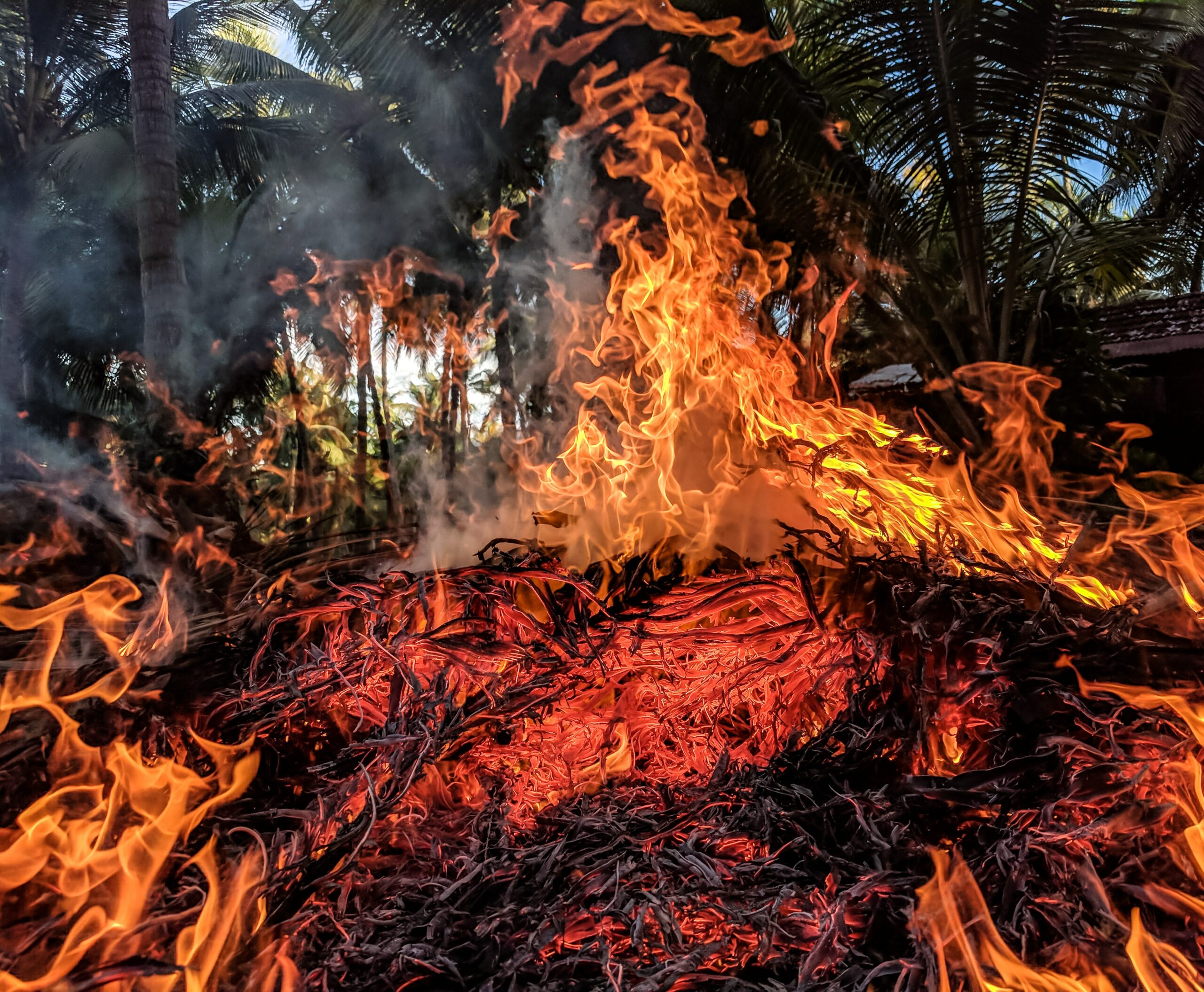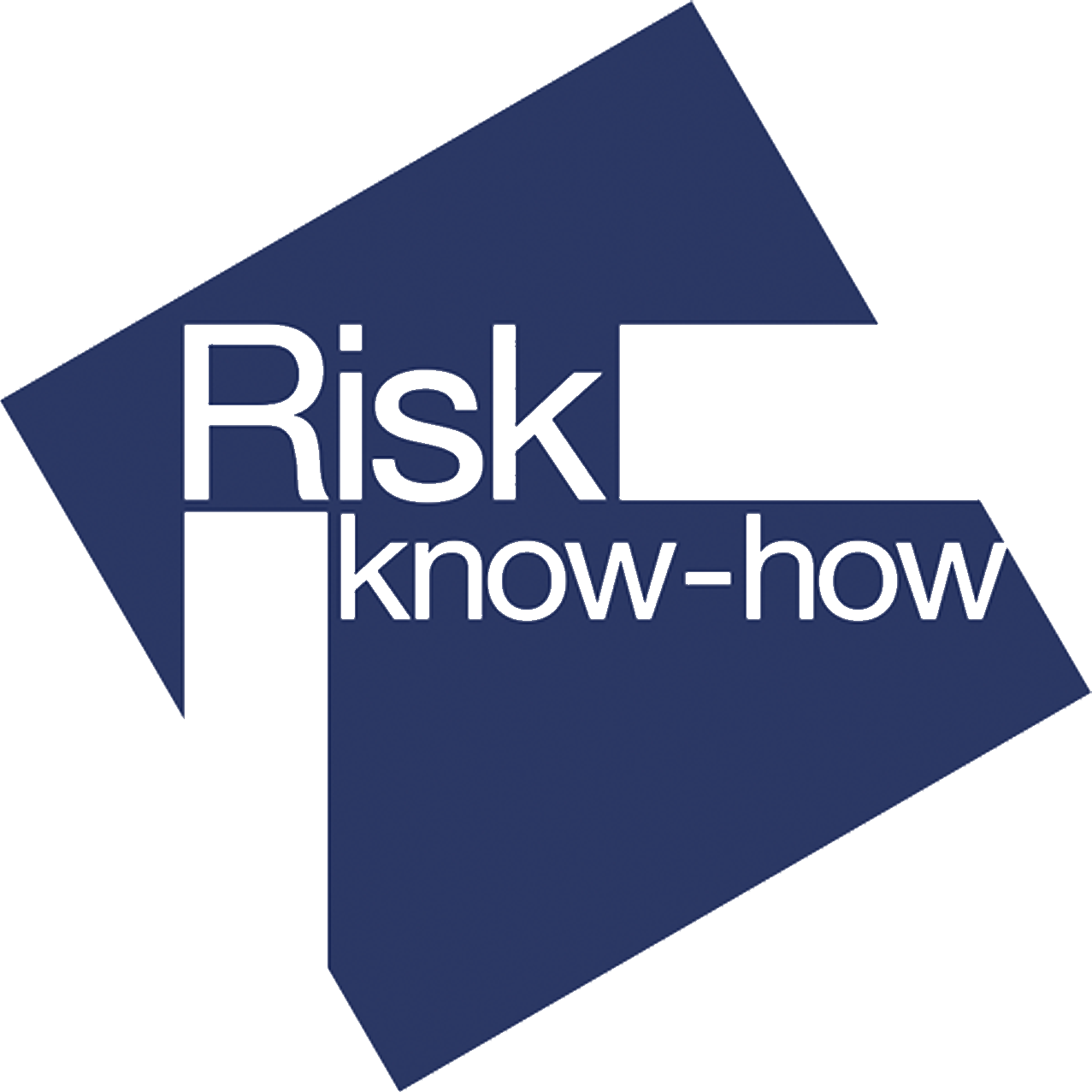Risk know-how helps communities navigate risk information
All over the world people have conversations about risks with each other. Having risk know-how helps them assess claims and data about risk, and weigh up what should be done.
This platform supports people who find themselves at the heart of such discussions and involved in helping others to navigate risk information – risk know-how practitioners. It provides useful resources and case studies, and the opportunity to request tailored help.
Risk know-how in a community means we can:
- Ask questions about specific risks
2. Find suitable and reliable risk information
3. Understand how the framing of the information can be manipulated
Meet Bambang Hero Saharjo from Indonesia
“For many of these communities, it is not easy to change behaviour. They might understand the risks but if there aren’t alternative ways for them to have an income, they will find it hard to stop what they are doing. They need support or to see other communities that have been successful.”
Relative risks are misleading
Professor David Spiegelhalter explains why and how to communicate absolute risks using everyday examples like contraceptive pills and bacon.
Get tailored support to help your community understand risk
Risk Know-How will support the production of resources/training to help communities better understand risk by providing help in kind; such as producing a visual or infographic, helping locate information or data or translation of existing resources.
Support communities in developing risk know-how
If you have resources or expertise that you can share or if your organization is already helping build risk know-how, please contact us.
Risk know-how around the world

Working with the community in Puerto Rico
The team from Ciencia Puerto Rico describes how science can play a critical role in leaders’ ability to meet their communities needs and priorities, from preventing mosquito-borne diseases, to promoting mental health, to creating evacuation plans for coastal zones. However, they don’t always have access to scientific resources that can help them meet the needs and priorities of their people.

Avoiding disasters
Ilan Kelman draws on his expertise researching various disasters and risks, including islands dealing with volcanic eruptions, wildfires around the world and migration potentially due to climate change, to share some thoughts on how understanding some risk concepts helps us frame effective discussions about and strategies against disasters.
